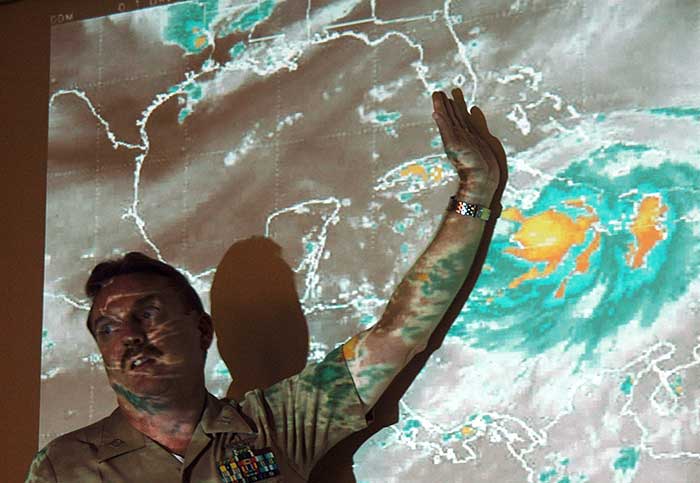Disclaimer: The information on our website is provided for general information purposes only. We make no representations or warranties of any kind, express or implied, about the completeness, accuracy, reliability, suitability or availability with respect to the website or the information contained on our website for any purpose. Any reliance on such information is therefore strictly at your own risk and we are not liable for any damages or losses arising out of or resulting from your reliance on any information contained on our website.
An oceanographer analyzes and studies the oceans and know biology, geology, physics, and chemistry. Additionally, they look at physical and chemical properties and how they affect coastal areas, climate, and weather. Next, watch a video to learn what an oceanographer does.
How to Become an Oceanographer
Oceanographers have a minimum of a bachelors degree in geoscience, environmental science, or oceanography. However, many go on to earn a postgraduate degree specializing in an area of oceanography. Typically, oceanography is divided into four specialties chemical, physical, marine, or ecology. Programs usually include coursework such as math, chemistry, ecology, marine biology, statistics, and research classes at the undergraduate level. As you progress into your graduate work, it begins to narrow the area of study you wish to enter. A thesis or research project is usually required to graduate. Practical on-the-job training and fieldwork experience is generally included as part of your studies.
This career field is competitive; therefore, finding relevant experience, an internship, or volunteer position is vital. Learning to operate a motorboat, gaining lifeguard skills, or getting a scuba diving license can also be helpful. Joining organizations such as the Association for the Science of Limnology and Oceanography, National Oceanic and Atmospheric Administration (NOAA), or the Ocean Conservation Society can help find resources.
Job Description of an Oceanographer
An oceanographer explores the world’s oceans, and it’s properties. Studies include plate tectonics, chemical/physical properties, marine life, ecosystems, geology of the seafloor, and ocean circulation. Oceanographers investigate issues like eroding coastlines, climate change, or declining fisheries. Tasks can vary pending on the specific area of study one enters; however, all oceanographers should be familiar with the following functions: observe and collect data, measure water movement such as waves or tides, read and use satellite data or computer instruments, prepare and analysis reports, ensure safety measures/compliance, consult and adhere to state/federal regulations, and assist in potential funding opportunities for research.
Specialty areas tasks may vary in their specific studies. Marine biologists study ecosystems and the animals. Physical oceanographers study the oceans water movement. Chemical oceanographers look at the chemical aspects and composition that make up oceans. Geological oceanographers study the geographical features such as the ocean floor and tectonic activity.
All oceanographers know about biology, physics, and chemistry, as well as geology. They desire to understand the ocean’s secrets and mysteries. They should be problem solvers and have optimal physical health and fitness. They must communicate clearly, both orally and written, and work well alongside others or by themselves. Most oceanographers work full time, and this career can be hazardous and physically demanding. Oceanographers may be required to be in remote locations while conducting research, ocean explorations, or data collecting; therefore, they are also exposed to extreme weather conditions.
Article Citations
Bureau of Labor Statistics, U.S. Department of Labor, Occupational Outlook Handbook, Geoscientists.
National Center for O*NET Development. 19-2042.00. O*NET OnLine.

